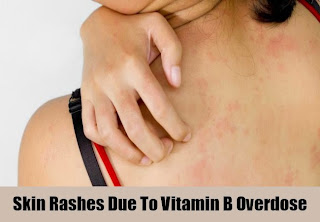Vitamin D toxicity, also called hypervitaminosis D, is a rare but potentially serious condition that occurs when you have excessive amounts of vitamin D in your body.
Vitamin D toxicity is usually caused by megadoses of vitamin D supplements — not by diet or sun exposure. That's because your body regulates the amount of vitamin D produced by sun exposure, and even fortified foods don't contain large amounts of vitamin D.
The main consequence of vitamin D toxicity is a buildup of calcium in your blood (hypercalcemia), which can cause poor appetite, nausea and vomiting. Weakness, frequent urination and kidney problems also may occur.
Treatment includes the stopping of excessive vitamin D intake. Your doctor also may prescribe intravenous fluids and medications, such as corticosteroids or bisphosphonates.
Taking 50,000 international units (IU) a day of vitamin D for several months has been shown to cause toxicity. This level is many times higher than the Recommended Dietary Allowance (RDA) for most adults of 600 IU of vitamin D a day.
Doses higher than the RDA are sometimes used to treat medical problems such as vitamin D deficiency, but these are given only under the care of a doctor for a specified time frame. Blood levels should be monitored while someone is taking high doses of vitamin D.
Although vitamin D toxicity is uncommon even among people who take supplements, you may be at greater risk if you have health problems, such as liver or kidney conditions, or if you take thiazide-type diuretics. As always, talk to your doctor before taking vitamin and mineral supplements.

No comments:
Post a Comment